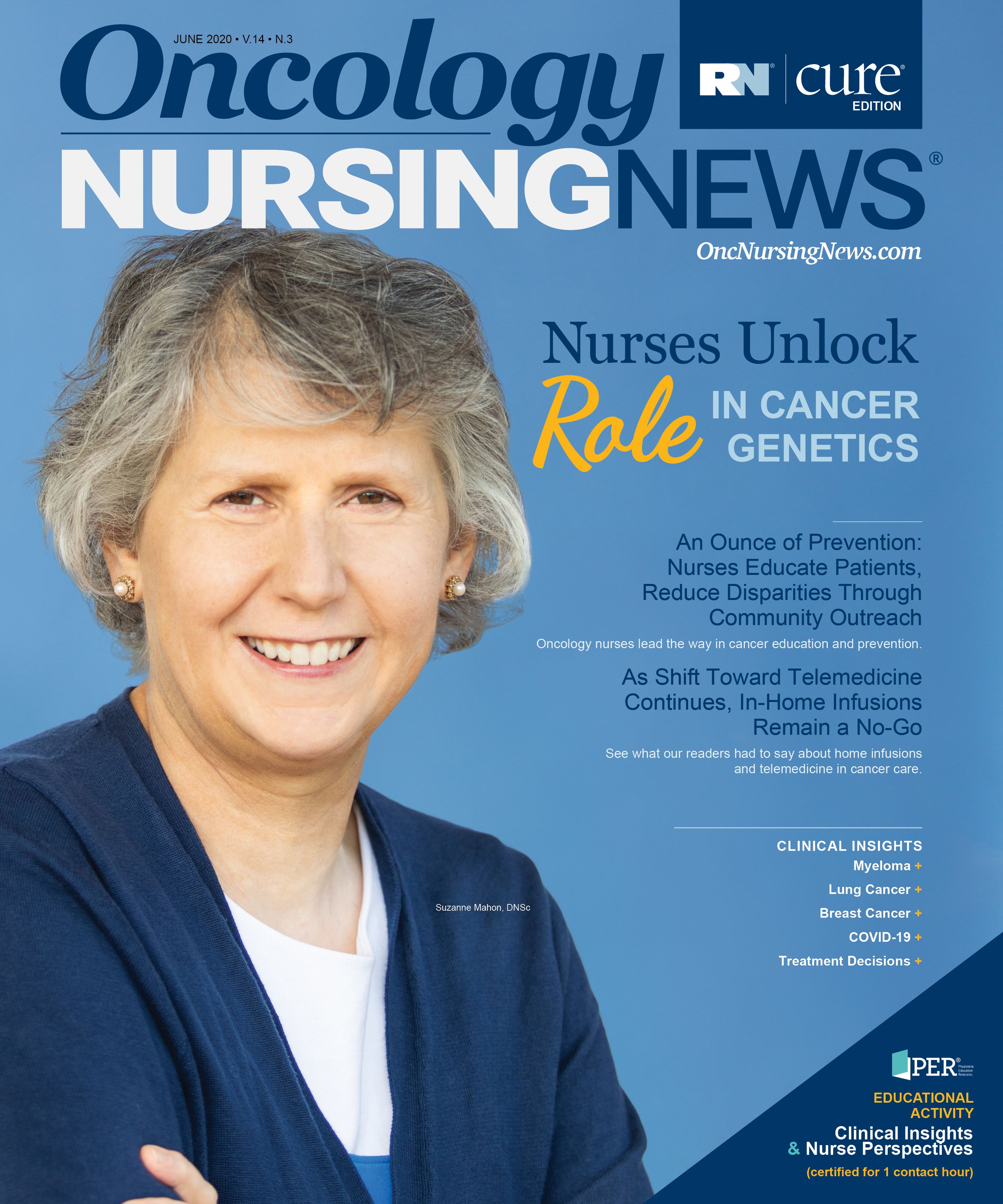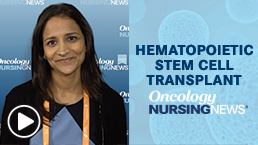The Evolution of Genetics Among Hematologic Malignancies
Given the recent use of genes to determine prognosis and treatment decisions in the field of hematology, it is important for providers to collaborate with geneticists.
Hematologic malignancies are widely known to be among the top 10 cancer-related diagnoses and causes of mortality annually.1 However, genetic diagnostic data have been limited in the field of hematology due to the low rate of proliferation of myeloid and lymphoid malignancies. Providers have made wide use of morphological testing and immunophenotyping to guide clinical decisions when treating these disorders. Diagnostic tests currently being used include cytogenetic karyotype, fluorescent in-situ hybridization (FISH), polymerase chain reaction (PCR), gene expression profiling, and next-generation sequencing (NGS).
Cytogenetic karyotyping, used since 1882 to evaluate chromosomes, analyzes chromosome balance in hematologic malignancies as well as reciprocal translocation. Karyotyping is the most common test for diagnosing chronic myelogenous leukemia and other disorders with large structure abnormalities.
The FISH test identifies abnormalities by hybridizing a patient’s tissue sample under a fluorescent microscope. The test provides a rapid analysis when karyotyping is highly variable, which limits the ability to diagnose a hematologic malignancy. The clinical utility of FISH is used by medical providers to determine prognostic outcomes in acute and chronic illnesses.
PCR is a molecular assay for detecting genes that are fused, mutated, or cloned in hematologic malignancies. It can also provide an evaluation of chimerism between the donor and recipient of an allogeneic transplant. Gene expression profiling is a diagnostic technique that evaluates numerous genes expressed in tumors for their classification.
Although currently limited to research centers, the technique has demonstrated significant utility in the stratification of plasma cell disorders, lymphoma, and lymphoproliferative disorders.
Finally, NGS provides sequencing for millions of DNA fragments at a time. The presence of mutations such as TP53, ATM, RAS, IDH1, IDH2, DNMT3A, and SF3B1 can be discovered through this diagnostic test. Future advancements will use these abnormalities as prognostic indicators and for guidance on personalized treatment for patients.
Given the recent use of genes to determine prognosis and treatment decisions in the field of hematology, it is important for providers to collaborate with geneticists.2 Their expertise is needed to ensure a comprehensive diagnostic workup is performed and the appropriate genetic analysis exams included. It is also important to implement the following interventions to optimize patient care:
• Perform baseline complete blood count with differential
• Perform bone marrow aspiration and biopsy (cytogenetic karyotyping and molecular testing)
• Consult with experts to reduce the likelihood of delayed diagnosis
• Refer patients to a genetic counselor
• Provide targeted and systemic therapy based on national recommendations
• Discuss potential need for hematopoietic stem cell transplantation for curative intent
• Carry out clinical follow-up and surveillance based on the hematologic malignancies
As the world of genetics continues to change, it is crucial that nurses stay up to date on best practices and the newest advances.
References:
- Prakash, G., Kaur, A., Malhotra, P., Khadwal, A., Sharma, P., Suri, V., Varma, N., & Varma, S. (2016). Current role of genetics in hematologic malignancies. Indian Journal of Hematology and Blood Transfusions, 32 (1), 18-31. Doi:10.1007/s12288-015-0584-4.
- Fonseca, R. (2020). Clinical utility of genetic marks in the management of hematologic malignancies. Retrieved on May 4, 2020 from https://www.medscape.org/viewarticle/457536.
- Godley, L. & Shimamura, A. (2017). Genetic predisposition to hematologic malignancies: management and surveillance. Blood, 130 (4), 424-432. DOI: 10.1182/blood/-2017-02-735290.













